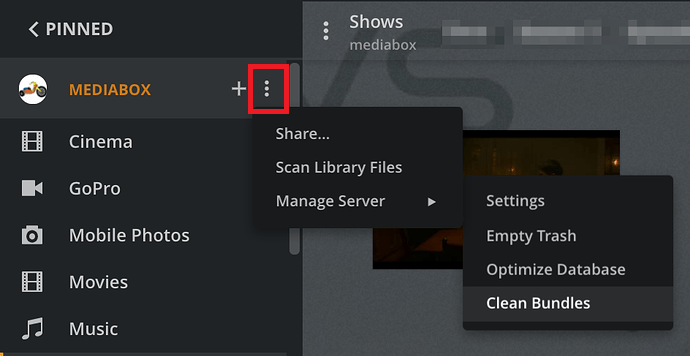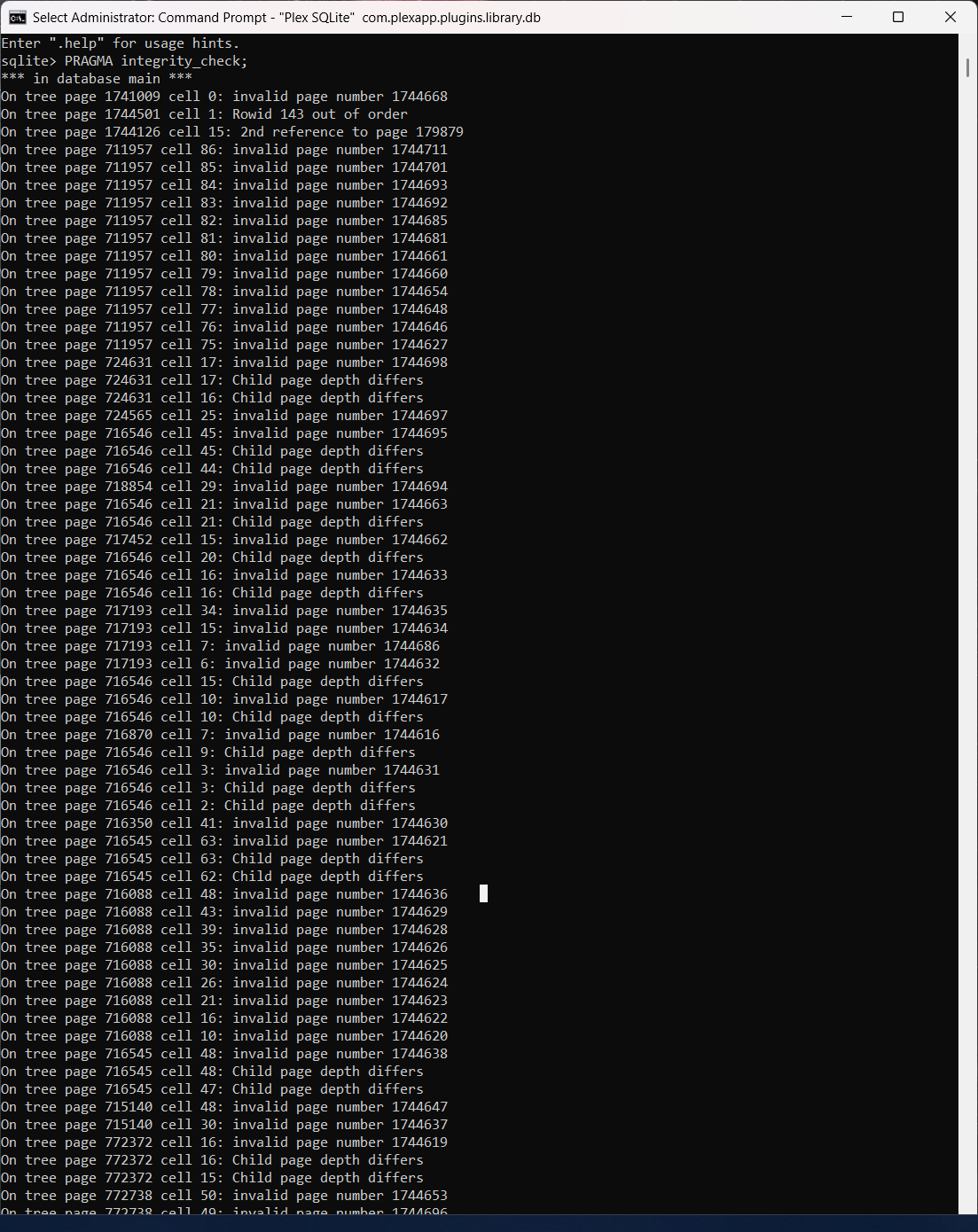My server which is around 5 years old is consistently crashing suddenly, I’ve tried restarting but still can’t get the server to stay up for a long period of time (It crashes after about 10-15minutes)
I’m unsure what’s causing it, as there seems to be no immediate issues that I can see. However, in my docker container I can see the following errors almost all the time;
decoder information: 249
decoder information: 249
decoder information: 249
decoder information: 249
decoder information: 249
decoder information: 249
decoder information: 249
decoder information: 249
decoder information: 249
decoder information: 249
decoder information: 249
decoder information: 249
decoder information: 249
decoder information: 249
decoder information: 249
decoder information: 249
decoder information: 249
decoder information: 249
decoder information: 249
decoder information: 249
decoder information: 249
decoder information: 249
decoder information: 249
decoder information: 249
decoder information: 249
decoder information: 249
decoder information: 249
decoder information: 249
decoder information: 249
decoder information: 249
decoder information: 249
decoder information: 249
decoder information: 249
decoder information: 249
decoder information: 249
decoder information: 249
decoder information: 249
decoder information: 249
decoder information: 249
decoder information: 249
decoder information: 249
decoder information: 249
decoder information: 249
decoder information: 249
decoder information: 249
decoder information: 249
decoder information: 249
decoder information: 249
decoder information: 249
decoder information: 249
decoder information: 249
decoder information: 249
decoder information: 249
decoder information: 249
decoder information: 249
decoder information: 249
decoder information: 249
decoder information: 249
decoder information: 249
decoder information: 249
decoder information: 249
decoder information: 249
decoder information: 249
decoder information: 249
decoder information: 249
decoder information: 249
decoder information: 249
decoder information: 249
decoder information: 249
decoder information: 249
decoder information: 249
decoder information: 249
decoder information: 249
decoder information: 249
Sqlite3: Sleeping for 200ms to retry busy DB.
Sqlite3: Sleeping for 200ms to retry busy DB.
Sqlite3: Sleeping for 200ms to retry busy DB.
Sqlite3: Sleeping for 200ms to retry busy DB.
Sqlite3: Sleeping for 200ms to retry busy DB.
Sqlite3: Sleeping for 200ms to retry busy DB.
Sqlite3: Sleeping for 200ms to retry busy DB.
Sqlite3: Sleeping for 200ms to retry busy DB.
Sqlite3: Sleeping for 200ms to retry busy DB.
Sqlite3: Sleeping for 200ms to retry busy DB.
Sqlite3: Sleeping for 200ms to retry busy DB.
I’ve tried doing a repair a corrupt database using the steps on the Plex website, with no improvement, the checks came back fine.
What would I need to provide, for someone to help me nail down this issue?





